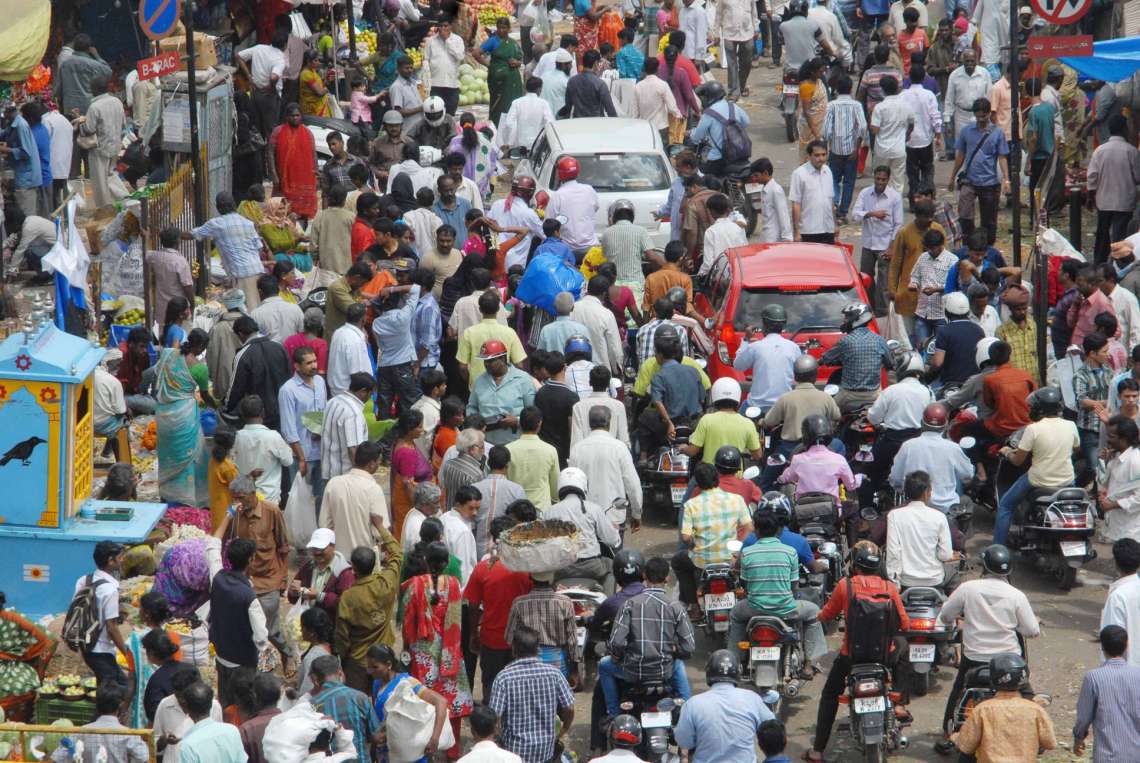Across advanced economies, falling fertility rates are reshaping societies. Christine Lagarde, President of the European Central Bank, highlighted how crucial foreign workers had become for sustaining the eurozone’s economy
Central bankers from some of the world’s most powerful economies have warned that labour shortages driven by ageing populations threaten to constrain growth unless governments make greater efforts to attract foreign workers. Speaking at the annual gathering of global financial leaders in Jackson Hole, Wyoming, the heads of the Bank of Japan, the European Central Bank, and the Bank of England stressed that without migration, economies could face tighter labour markets, weaker output and rising inflation in the decades ahead.
Kazuo Ueda, Governor of the Bank of Japan, told delegates at the Kansas City Federal Reserve’s annual symposium that his country’s demographic trajectory had made labour shortages one of Japan’s most pressing economic challenges. With foreign workers accounting for just 3 per cent of Japan’s labour force, Ueda acknowledged that migrants had nonetheless been instrumental in offsetting the recent decline in working-age numbers. He cautioned that unless further immigration was embraced, Japan would struggle to maintain its labour supply. “Further increases will require a broader discussion,” Ueda said, noting that Japan’s low birth rate and long life expectancy meant that the population was shrinking rapidly and the workforce ageing fast.
Across advanced economies, falling fertility rates are reshaping societies. Christine Lagarde, President of the European Central Bank, highlighted how crucial foreign workers had become for sustaining the eurozone’s economy. She warned that without immigration, the euro area would face 3.4 million fewer working-age people by 2040. “Although they represented only around 9 per cent of the total labour force in 2022, foreign workers have accounted for half of the euro area’s growth over the past three years,” Lagarde told the symposium. She described their role as “crucial” in cushioning the economic impact of demographic change.
Lagarde stressed that the eurozone’s labour market had emerged from the pandemic in better shape than many expected, thanks partly to the participation of migrants. Yet she warned that future prosperity would rely even more heavily on immigration. “It is not only a question of numbers but also of skills and adaptability,” she said.
The UK faces similar challenges. Andrew Bailey, Governor of the Bank of England, pointed to what he described as the “acute” risks posed by declining productivity, ageing demographics and shrinking labour participation rates. He noted that the implications of a rapidly ageing society had not been fully recognised in the UK debate. “Without this contribution, labour market conditions could be tighter and output lower,” Bailey said.
By 2040, 40 per cent of the UK population will be older than the standard working age of 16 to 64, Bailey warned. Labour force participation has already fallen in Britain, with a rise in the number of people classified as “long-term sick” and fewer young people entering the workforce. The result has been a significant reduction in available workers, fuelling wage pressures and productivity concerns. Bailey argued that addressing shortages through immigration would be essential to stabilise growth and prevent inflation from taking hold.
The Bank of England has, in recent years, become more focused on inactivity rather than unemployment. While the headline jobless rate remains relatively low, policymakers acknowledge that the real problem is the growing share of working-age adults who are neither in employment nor seeking work. Bailey said that while wage pressures were being driven by this constrained supply, the solution could not simply be to wait for higher domestic participation. Instead, attracting workers from abroad would be critical.
Economists at the symposium agreed that securing a steady flow of migrant labour would help cushion economies against the dual challenges of an ageing population and declining birth rates. Without this, they warned, the risk of weaker growth, higher inflation and greater fiscal strain would rise. Migrant workers, they argued, not only support output and productivity but also play a role in filling gaps in essential sectors such as health, logistics and technology.
At the same time, central bankers acknowledged the political sensitivity surrounding immigration, particularly amid rising populism and public scepticism. Yet most insisted that the economic reality could not be ignored. “Demographics will not wait for politics to catch up,” one participant observed.
The debate underscored the dilemma now confronting rich economies: balancing the need to attract workers from abroad with public resistance to higher migration. For leaders gathered in Jackson Hole, the message was clear—without foreign labour, growth will falter, and inflationary pressures will intensify. As populations age and domestic workforces shrink, the reliance on migrants is set to grow, making immigration policy not just a social question but an economic imperative for the decades ahead.











